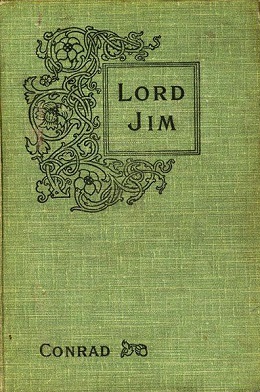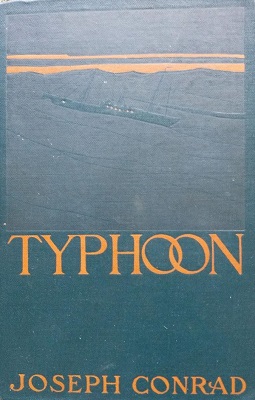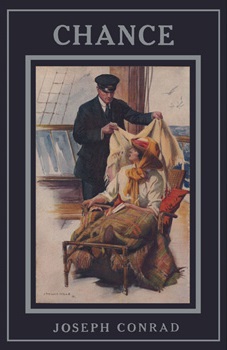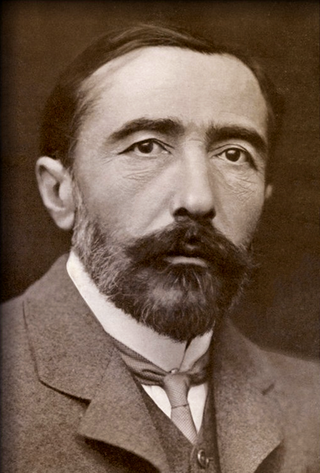Related Research Articles

Christopher Marlowe, also known as Kit Marlowe, was an English playwright, poet and translator of the Elizabethan era. Marlowe is among the most famous of the Elizabethan playwrights. Based upon the "many imitations" of his play Tamburlaine, modern scholars consider him to have been the foremost dramatist in London in the years just before his mysterious early death. Some scholars also believe that he greatly influenced William Shakespeare, who was baptised in the same year as Marlowe and later succeeded him as the pre-eminent Elizabethan playwright. Marlowe was the first to achieve critical reputation for his use of blank verse, which became the standard for the era. His plays are distinguished by their overreaching protagonists. Themes found within Marlowe's literary works have been noted as humanistic with realistic emotions, which some scholars find difficult to reconcile with Marlowe's "anti-intellectualism" and his catering to the prurient tastes of his Elizabethan audiences for generous displays of extreme physical violence, cruelty, and bloodshed.

Heart of Darkness (1899) is a novella by Polish-English novelist Joseph Conrad in which the sailor Charles Marlow tells his listeners the story of his assignment as steamer captain for a Belgian company in the African interior. The novel is widely regarded as a critique of European colonial rule in Africa, whilst also examining the themes of power dynamics and morality. Although Conrad does not name the river on which most of the narrative takes place, at the time of writing, the Congo Free State — the location of the large and economically important Congo River — was a private colony of Belgium's King Leopold II. Marlow is given a text by Kurtz, an ivory trader working on a trading station far up the river, who has "gone native" and is the object of Marlow's expedition.

Joseph Conrad was a Polish-British novelist and story writer. He is regarded as one of the greatest writers in the English language; though he did not speak English fluently until his twenties, he came to be regarded a master prose stylist who brought a non-English sensibility into English literature. He wrote novels and stories, many in nautical settings, that depict crises of human individuality in the midst of what he saw as an indifferent, inscrutable and amoral world.
A first-person narrative is a mode of storytelling in which a storyteller recounts events from that storyteller's own personal point of view, using first-person grammar such as "I", "me", "my", and "myself". It must be narrated by a first-person character, such as a protagonist, re-teller, witness, or peripheral character. Alternatively, in a visual storytelling medium, the first-person perspective is a graphical perspective rendered through a character's visual field, so the camera is "seeing" out of a character's eyes.

Dido, also known as Elissa, was the legendary founder and first queen of the Phoenician city-state of Carthage, in 814 BC. In most accounts, she was the queen of the Phoenician city-state of Tyre who fled tyranny to found her own city in northwest Africa. Known only through ancient Greek and Roman sources, all of which were written well after Carthage's founding, her historicity remains uncertain. The oldest references to Dido are attributed to Timaeus, who was active around 300 BC, or about five centuries after the date given for the foundation of Carthage.
Kurtz is a central fictional character in Joseph Conrad's 1899 novella Heart of Darkness. A trader of ivory in Africa and commander of a trading post, he monopolises his position as a demigod among native Africans. Kurtz meets with the novella's protagonist, Charles Marlow, who returns him to the coast via steamboat. Kurtz, whose reputation precedes him, impresses Marlow strongly, and during the return journey, Marlow is witness to Kurtz's final moments.
Narrative poetry is a form of poetry that tells a story, often using the voices of both a narrator and characters; the entire story is usually written in metered verse. Narrative poems do not need to rhyme. The poems that make up this genre may be short or long, and the story it relates to may be complex. It is normally dramatic, with various characters. Narrative poems include all epic poetry, and the various types of "lay", most ballads, and some idylls, as well as many poems not falling into a distinct type.
Narration is the use of a written or spoken commentary to convey a story to an audience. Narration is conveyed by a narrator: a specific person, or unspecified literary voice, developed by the creator of the story to deliver information to the audience, particularly about the plot: the series of events. Narration is a required element of all written stories, presenting the story in its entirety. It is optional in most other storytelling formats, such as films, plays, television shows and video games, in which the story can be conveyed through other means, like dialogue between characters or visual action.
A frame story is a literary technique that serves as a companion piece to a story within a story, where an introductory or main narrative sets the stage either for a more emphasized second narrative or for a set of shorter stories. The frame story leads readers from a first story into one or more other stories within it. The frame story may also be used to inform readers about aspects of the secondary narrative(s) that may otherwise be hard to understand. This should not be confused with narrative structure. A notable example is The Decameron.

Lord Jim is a novel by Joseph Conrad originally published as a serial in Blackwood's Magazine from October 1899 to November 1900. An early and primary event in the story is the abandonment of a passenger ship in distress by its crew, including a young British seaman named Jim. He is publicly censured for this action and the novel follows his later attempts at coming to terms with himself and his past and seeking redemption and acceptance.
A plot twist is a literary technique that introduces a radical change in the direction or expected outcome of the plot in a work of fiction. When it happens near the end of a story, it is known as a twist or surprise ending. It may change the audience's perception of the preceding events, or introduce a new conflict that places it in a different context. A plot twist may be foreshadowed, to prepare the audience to accept it, but it usually comes with some element of surprise. There are various methods used to execute a plot twist, such as withholding information from the audience, or misleading them with ambiguous or false information. Not every plot has a twist, but some have multiple lesser ones, and some are defined by a single major twist.

Dido, Queen of Carthage is a short play written by the English playwright Christopher Marlowe, with possible contributions by Thomas Nashe. It was probably written between 1587 and 1593, and was first published in 1594. The story focuses on the classical figure of Dido, the Queen of Carthage. It tells an intense dramatic tale of Dido and her fanatical love for Aeneas, Aeneas' betrayal of her and her eventual suicide on his departure for Italy. The playwrights relied on Books 1, 2, and 4 of Virgil's Aeneid as primary source.

Typhoon is a short novel by Joseph Conrad, begun in 1899 and serialized in Pall Mall Magazine in January–March 1902. Its first book publication was in New York by Putnam in 1902; it was also published in Britain in Typhoon and Other Stories by Heinemann in 1903.

Chance is a novel by Joseph Conrad, published in 1913, following serial publication the previous year. Although the novel was not one upon which Conrad's later critical reputation was to depend, it was his greatest commercial success upon initial publication.

Victory is a psychological novel by Joseph Conrad first published in 1915, through which Conrad achieved "popular success."

Le Roman d'Enéas is a romance of Medieval French literature, dating to c. 1160. It is written in French octosyllabic couplets totaling a little over 10,000 lines. Its subject matter is the tale of Aeneas, based on Virgil's Aeneid. It is one of the three important Romans d'Antiquité of this period; the other two are the Roman de Thèbes (anonymous) and the Roman de Troie of Benoît de Sainte-Maure.
“Youth” is an autobiographical work of short fiction by Joseph Conrad first published in Blackwood’s Magazine in 1898, and collected in the eponymous collection Youth, A Narrative; and Two Other Stories in 1902.
Iarbas was a Roman mythological character, who has appeared in works by various authors including Ovid and Virgil. The character is possibly based on a historical king of Numidia.

"The Idiots" is a short story by Joseph Conrad, his first to be published. It first appeared in The Savoy in 1896. The story was included in the Conrad collection Tales of Unrest, published in 1898.

"Heart of Darkness" was an American television play broadcast on November 6, 1958, as part of the CBS television series, Playhouse 90. It was the seventh episode of the third season of Playhouse 90. The play was adapted from Joseph Conrad's novella, Heart of Darkness.
References
- ↑ Malbone, Raymond Gates (January 1965). ""How to Be": Marlow's Quest in Lord Jim". Twentieth Century Literature. 10 (4): 172–180. doi:10.2307/440559. JSTOR 440559.
- ↑ Orr, Leonard; Billy, Ted (1999). A Joseph Conrad Companion. Westport, Connecticut: Greenwood Press. p. 85. ISBN 0-313-29289-2.
- ↑ Ray, Sid (June 2006). "Marlow(e)'s Africa: Postcolonial Queenship in Conrad's Heart of Darkness and Marlowe's Dido, Queen of Carthage". Conradiana: A Journal of Joseph Conrad Studies. 38 (2). ISSN 0010-6356.